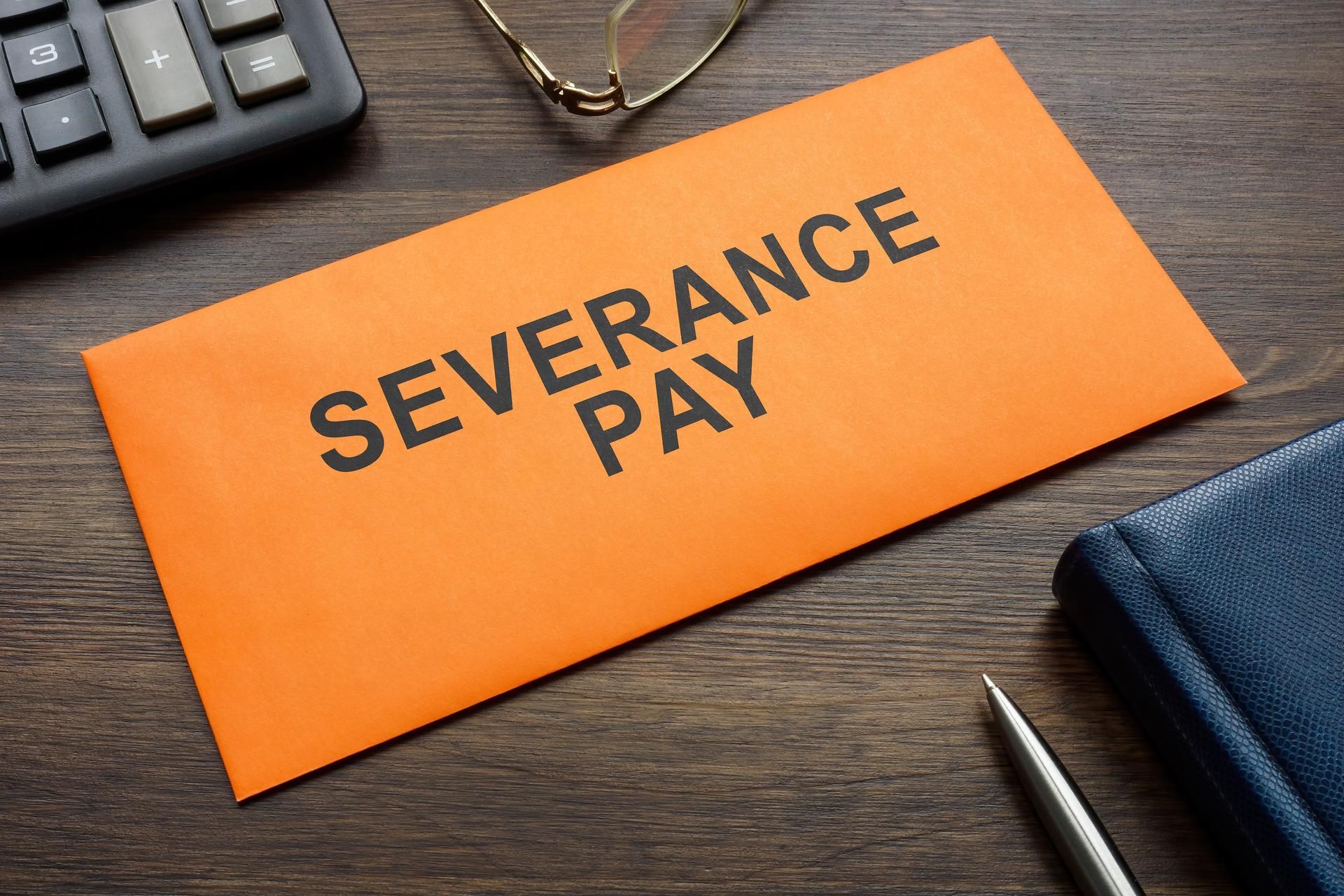6 Common Mistakes Employees Make With Severance Packages

What You Can Do
Avoid making these errors by working with an experienced business attorney who specializes in protecting employee rights and who will review your package offer. With an attorney on your side, you will be able to remain objective, negotiate fairly, and get what you deserve from your former employer.
Attorney Allen D. Arnold can help you successfully end this part of your career and start on the next. Call today to make an appointment.
Alabama Rules of Professional Conduct Notice: No Representation is made that the quality of legal services offered is greater than that of other lawyers. The information contained on this website is not a substitute for legal advice, and reading it does not create an attorney-client relationship.









